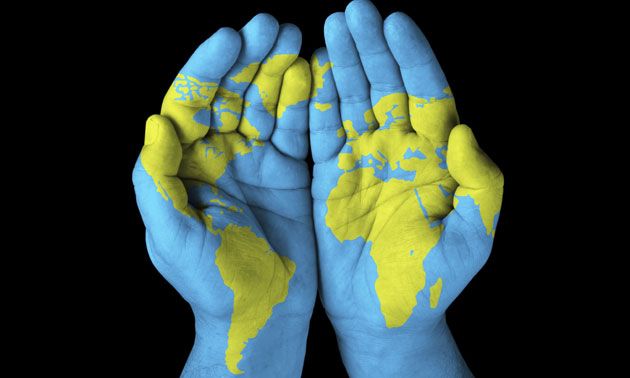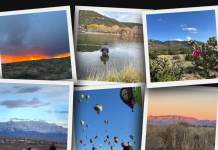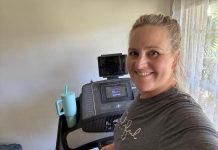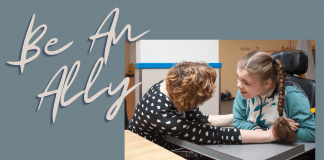My oldest daughter is quite the idealist.
If there’s anything to volunteer for at school, she is the first one who raises her hand. Last year she joined Student Council and was invited to travel to York for a Youth Leadership Conference. As a competitive swimmer, she was greatly impressed by the story of Yusra Mardini, a Syrian refugee who swam her way to freedom. Mardini went on to become an Olympic athlete; she also was appointed as a UNHCR Goodwill Ambassador in 2017. Mardini’s story inspired and empowered my daughter; as an American living abroad, the story resonated even more. My daughter felt encouraged to positively contribute to the local community.
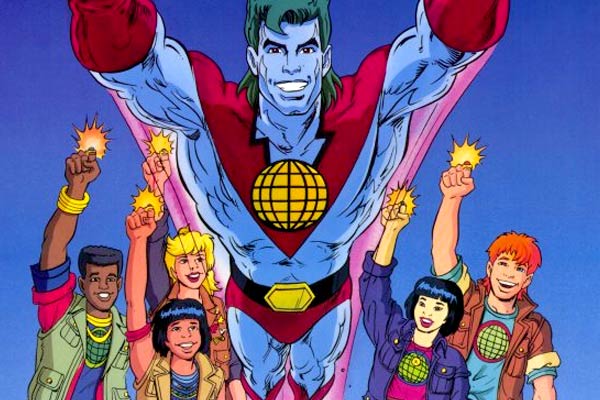 She’s an advocate for change, not unlike myself at that age.
She’s an advocate for change, not unlike myself at that age.
When I was in middle school, I was in a club called “Kids for Saving the Earth.” Perhaps I watched too many episodes of Captain Planet, but I viewed taking care of our planet as my personal responsibility.
Having lived in multiple countries as a military spouse, I consider myself to be not only a proud American but a global citizen who cares for the world. In a way, we are all foreigners living on borrowed land. It’s our responsibility as caretakers to use what we must and give back what we can.
Even though I continue to raise my hand and volunteer frequently, I still feel as though I have not made a “big enough” impact on the world around me. When did I become less of an idealist?
I reflected on my previous work and life experiences and decided to challenge myself to achieve some personal goals before I reach 40 (and before we must move to the next duty location). One of these personal goals involves doing something meaningful by working to save the planet like the Planeteers. For that reason, I’m in the process of obtaining my Master’s in Public Health. So far, I’ve learned how to assess community needs, construct and manage health programs, and how to find ways to build awareness locally and internationally. I want to be a public health ambassador for causes I care about. I want to do my part to change the world.
I decided on 4 simple ways I can help change the world:
1. Build Awareness:
The earth is pretty awesome, but it could be better. There are places throughout the world that still need better access to life’s necessities like healthcare and food. Improving the world requires teamwork and groups of people working towards a certain goal. It needs A LOT of people and clearly defined goals. But how does anyone know about where and how they can help?
The first step is to build awareness to a cause, project, or place.
My primary reason for writing this post is to build awareness! I hope to inform others about causes greater than my own and establish a sense of personal accountability. I will also be sharing more content specifically pertaining to the elimination of poverty, combating climate change and ways to improve sustainability efforts. After awareness is built, where will we get information on the topics we should care about?
2. Educate :
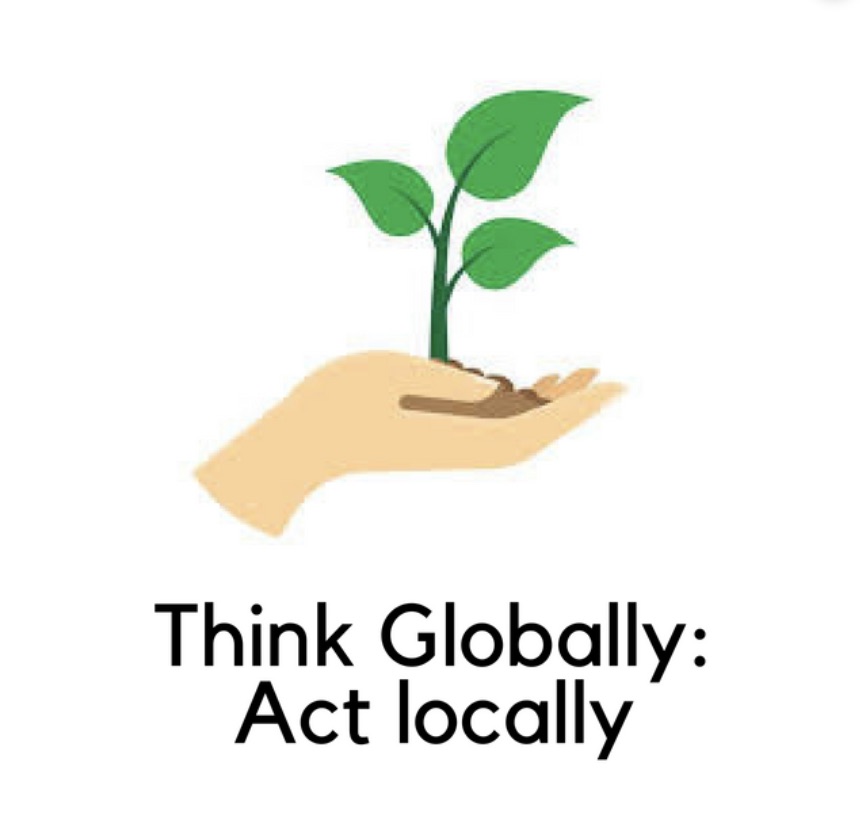 Before I can promote programs and policies that I care about, I need to educate myself. While there are many worthwhile organizations and sources of this kind of information, UNICEF and the World Health Organization are reliable and credible. Both provide insight into the various public health campaigns, events, and initiatives taking place around the world. Global initiatives include addressing issues of climate change, poverty, and the aging population. Mental health and substance abuse are two other troubling issues. Depending on where you live, there may be more pressing concerns. Educate yourself on your area and its needs. Find some freelance opportunities that will allow you to be an advocate of change. And if you feel comfortable enough, use your voice and knowledge to educate others, too.
Before I can promote programs and policies that I care about, I need to educate myself. While there are many worthwhile organizations and sources of this kind of information, UNICEF and the World Health Organization are reliable and credible. Both provide insight into the various public health campaigns, events, and initiatives taking place around the world. Global initiatives include addressing issues of climate change, poverty, and the aging population. Mental health and substance abuse are two other troubling issues. Depending on where you live, there may be more pressing concerns. Educate yourself on your area and its needs. Find some freelance opportunities that will allow you to be an advocate of change. And if you feel comfortable enough, use your voice and knowledge to educate others, too.
3. Fundraising:
To put some money where my mouth is, I aim to fundraise money for certain causes other than my own. I am already working on a couple of these ideas: from garage sales to other informal events, I have found a variety of ways to raise more than just awareness. For example, the Borgen Projects provides a sample on how one person can raise $1,378 over the course of a year. It may not seem like much, but it is better than nothing! This money can be put toward a philanthropy or sustainability project. There are plenty of ways to organize or contribute to a fundraiser, and age is no limitation on the ability to contribute. Every little penny can make a difference.
4. Get Political:
When I find a cause that appeals to me, I can contact my representatives to ensure that my voice is heard. Congressional leaders need to know what issues to support and how they can help. Armed with accurate information and passion, I believe that I can be an effective voice that can be heard among the crowd. I can also use my vote to support the causes I care about.
It may seem daunting to get political, but every voice and vote counts. And if no one is willing to speak up, how does anything get accomplished?
Why should we care about global problems?
Because we all do better when we help others. We all benefit when our community and our world can find their way back from illness, injury or hardships. The return on investment is more than just pride in doing the “right” thing. Improving global conditions is integral to the United States National Security Strategy. In fact, the Pentagon’s “3Ds” for protecting the United States are defense, development, and diplomacy. When we work with others towards a cooperative and better world, it becomes a better and safer place to live.
“DEVELOPMENT IS A LOT CHEAPER THAN SENDING SOLDIERS.”
– ROBERT GATES, FORMER SECRETARY OF DEFENSE
As military spouses or active duty, and citizens of the world, we CAN change the world. We can be diplomats and advocates of care. We truly hold the world in our hands. What causes will you raise yours for? “The power is ours!”


